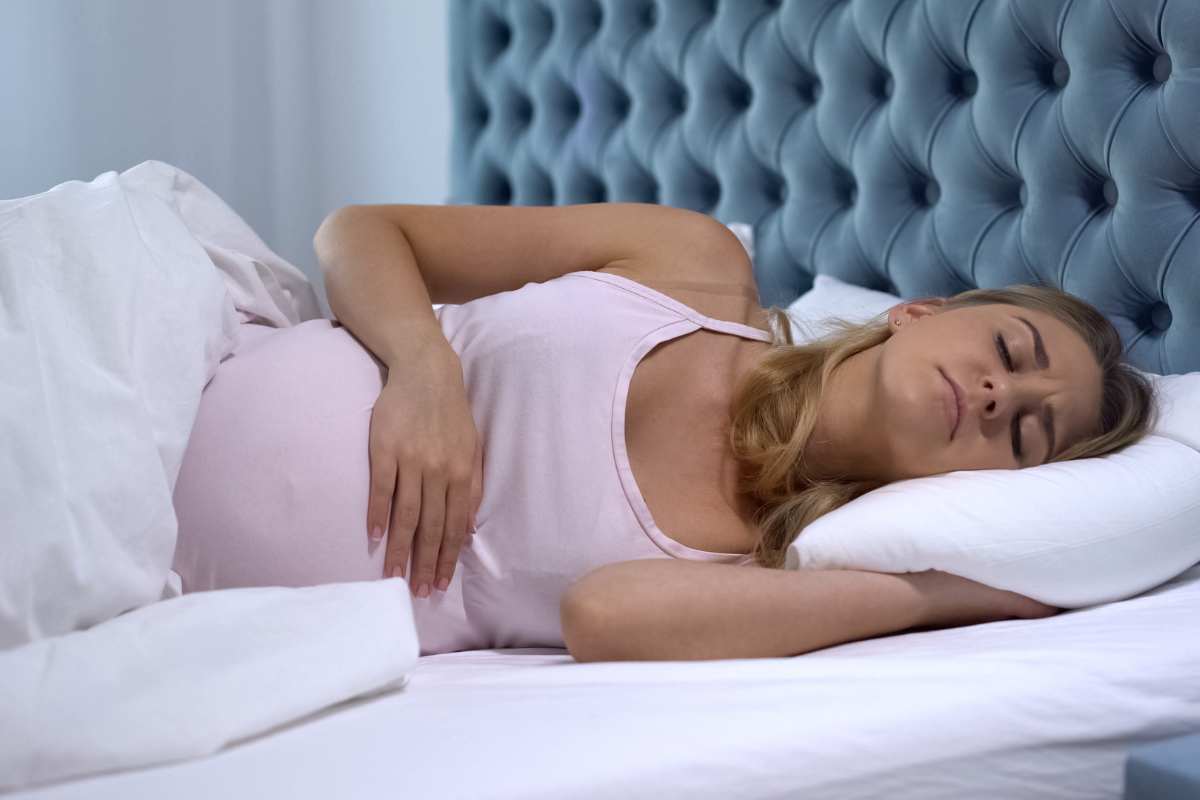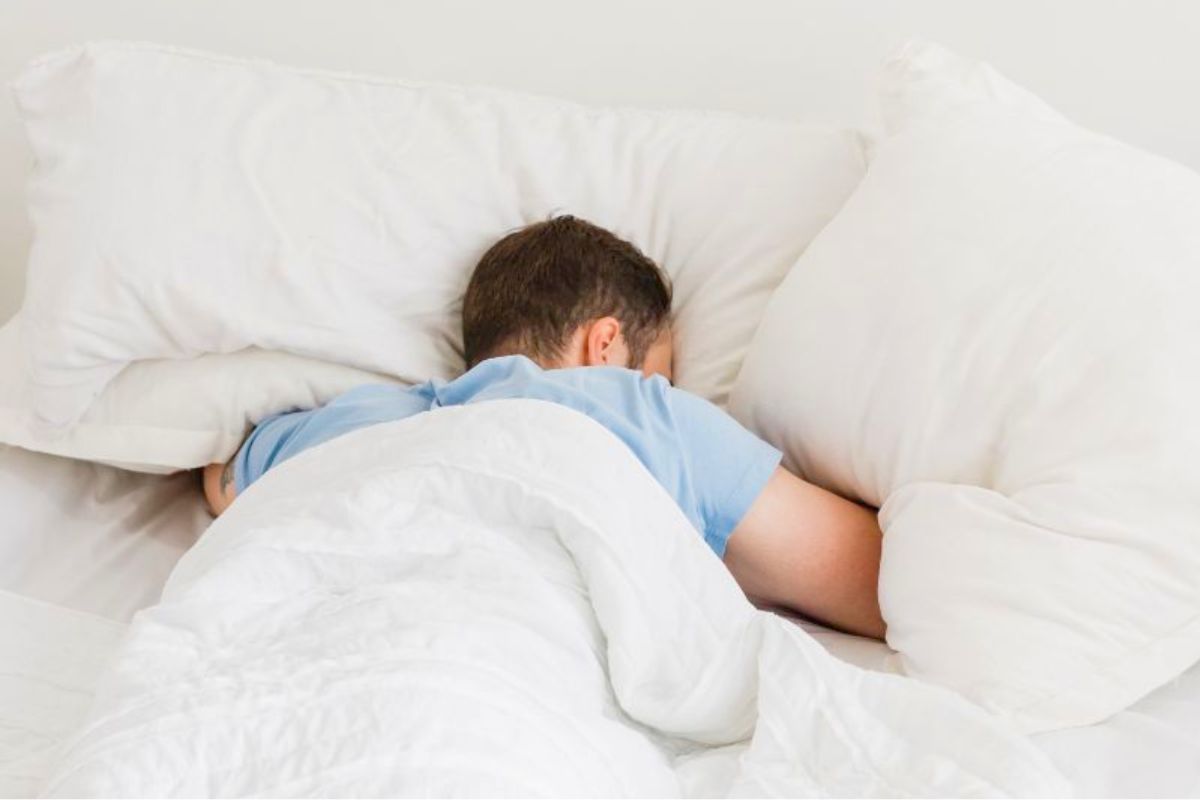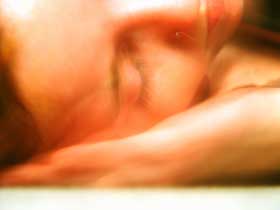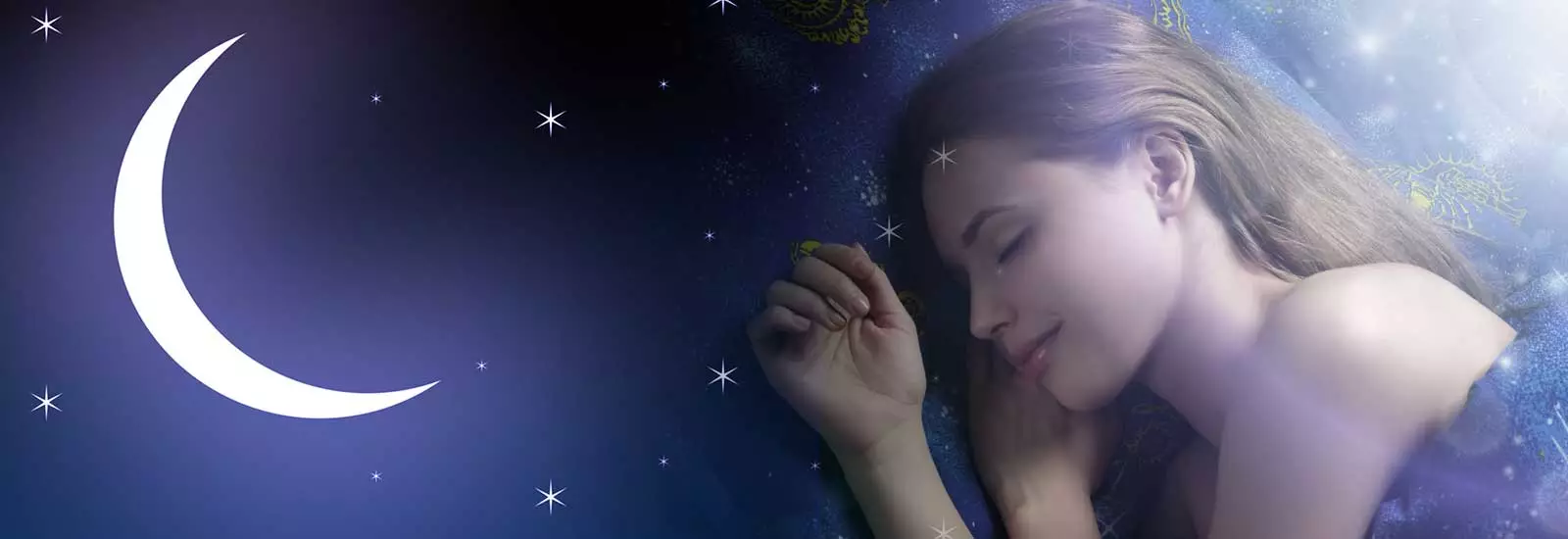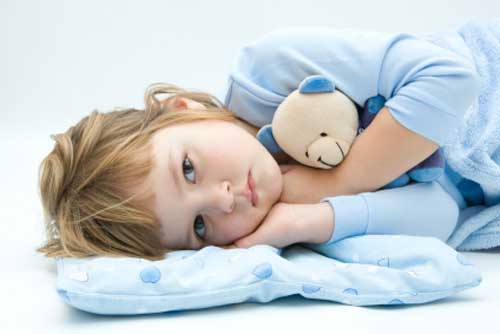When we can’t get to sleep it’s tempting just to take a pill that promises a quick fix and a restful night’s sleep. However, I’ve found, you need to first assess whether or not taking prescription sleep medications is appropriate in your situation.
This is especially true if you are only experiencing occasional insomnia. In this case, many over-the-counter sleep aids, herbal sleep remedies or other natural sleep aids can provide the relief you need. These alternatives often provide the sleep assistance you need without the potential risks associated with prescription sleep medications.
Of course, for chronic insomnia, you may need to take one of the prescription sleep medications in order to get the rest you need. As always it is important to consult with your doctor before taking any sleep medications no matter whether they are prescription sleep aids, over-the-counter sleep aids, herbal sleep remedies, or other natural sleep treatments.

Types of Prescription Sleep Aids
There are a number of options available for prescription sleep aids, but primarily they fall into two primary categories: Benzodiazepines and Non-benzodiazepines, collectively known as “sedative hypnotics”.
- Benzodiazepines are generally used to also treat anxiety and can certainly be addictive, so they should be used with care and for as short a time as possible. Examples of benzodiazepines include Xanax, Valium, Ativan, and Librium. These sleep medications have a longer half life than some of the newer non-benzodiazepine sleep drugs which means they stay in your body longer and can cause daytime drowsiness.
- Non-benzodiazepines, on the other hand, can cause you to get to sleep quickly and are cleared from your system more in a shorter period of time, reducing the feeling of drowsiness after waking. Common non-benzodiazepines are Ambien, Lunesta, Sonata and Imovane.
These medications come with a range of potential side effects such as:
- Tingling or burning sensation in extremities
- Gastrointestinal problems including diarrhea, constipation, stomach discomfort, heartburn, and gas
- Dry mouth and throat
- Changes in normal appetite
- Dizziness and difficulty maintaining balance
- Daytime drowsiness and weakness
Be careful with prescription sleep aids
Most of the newer prescription sleep medications are not as addictive, however, they can become habit-forming. While you may not become physically addicted there is the potential to become psychologically dependent and feel you need them to fall asleep while in reality, you would be able to sleep without them.
In some cases, anti-depressant drugs have been used for insomnia treatment. For example, Trazodone insomnia can be alleviated but is only approved for use to treat depression. Trazodone insomnia treatment is considered an “off-label” usage but may work well for those suffering from both depression and insomnia.
Some people have also experienced deeper than normal sleep, making it difficult to wake up at their desired time, and it also could be dangerous in emergency situations.
There’s also the potential for an amnesia effect, where users cannot recall events while under the influence of certain prescription sleep aids.
Parasomnia, where people engage in activities while asleep, such as sleepwalking, sleep eating, and even sleep-driving, is another potential risk.
While improved sleep can help alleviate depression, the use of prescription sleep aids can sometimes have the opposite effect, increasing depression. Severe withdrawals can also occur with these sleep medications.
Given these potential risks, prescription sleep aids should be used only as a last resort, under the strict guidance of a doctor, at the lowest dosage and for the shortest period of time possible.
It’s also worth exploring alternatives such as over-the-counter options, herbal remedies, and natural sleep aids.
Conclusion
While prescription sleep aids can be beneficial for some, it’s essential to approach them with caution. Prioritizing your overall health and well-being in the pursuit of better sleep is paramount.
Read more of my articles on prescription sleep aids

Sleep Aid Lunesta Clinical Trials Questionable But May Provide Help With Your Insomnia
The Sleep Aid Lunesta Has Many Side-Effects But May Help With Your Insomnia.

Sleep Aid Ambien Should Be Used With Caution
The Sleep Aid Ambien Has Many Known Side-Effects. Learn more about the potentially dangerous side-effects of the Ambien sleep aid before taking this sleep drug.
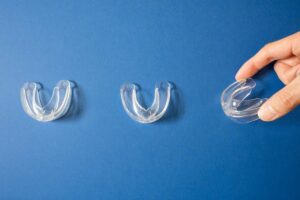
Can a Snoring Mouthpiece Help?
An anti snoring mouthpiece is one of the simplest and easiest solutions for changing your sleep habits. Get relief.

Sonata Sleep Aid
Using the Sonata Sleep Aid? The Risks and Benefits of the Sleep Aid Sonata.
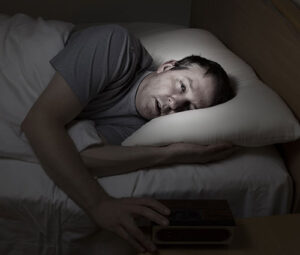
There Is A Notorious Connection Between Zoloft and Insomnia
What Is The Connection Between Zoloft And Insomnia? And How Can You Deal With Insomnia Caused By Zoloft?

A Look At Narcolepsy Medication
Narcolepsy medication can be controversial because much of it can have serious side effects but there are options.
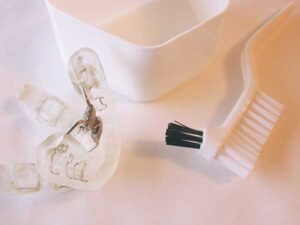
Choosing A Sleep Apnea Appliance
A sleep apnea appliance can make a huge difference for a patient diagnosed with obstructive sleep apnea, or OSA.
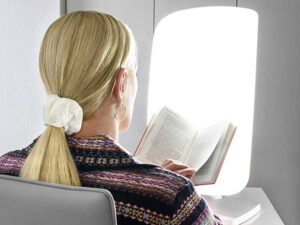
Choosing and Using A Seasonal Affective Disorder Lamp
A seasonal affective disorder lamp is one of the most common forms of treatment for people suffering from S.A.D.

Are Prescription Sleep Aids Safe?
Are Prescription Sleep Aids Safe? Many of these medications can have serious side effects that may outweigh the benefits.
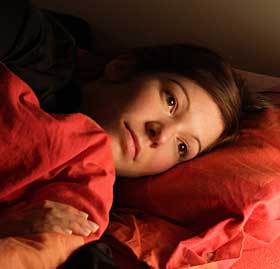
Depression and Insomnia May Be Helped By Dietary Supplements
Depression and Insomnia Can Go Hand-In-Hand. Do Dietary Supplements Work to Relieve Depression and Sleep Disorders? Learn more about trouble with sleep and depression.
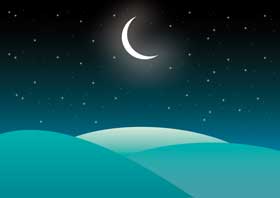
Learn More Before You Buy Rozerem
Do You Want to Buy Rozerem? While the medication Rozerem is safer than other prescripton sleep aids it still has side effects you should know about.


